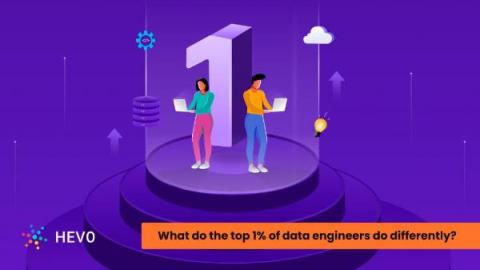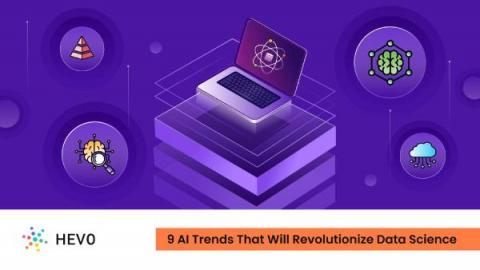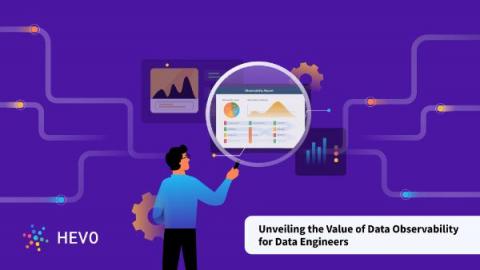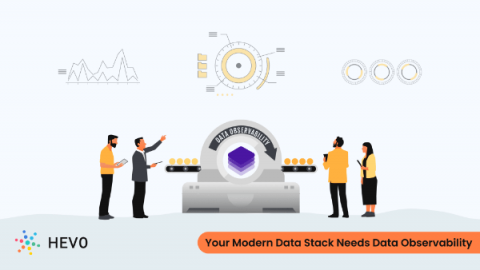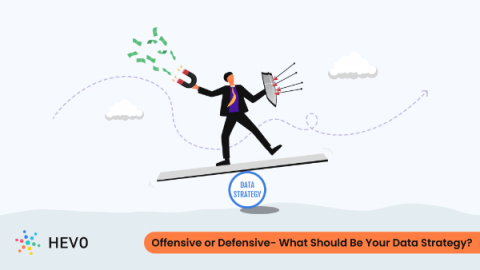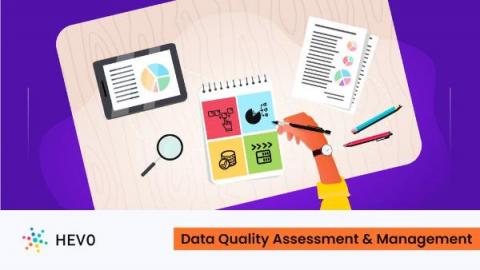Have You Got What It Takes To Be A Kickass Data Engineer?
In the data landscape, the people are represented by two separate yet equally important groups. The data engineers who design the Lego blocks and the data scientists who build something extraordinary out of them. These are their stories. DUN DUN! And we’re back! Last time, we went over the toolkit needed to get your foot in the door as a data engineer. You’ve gotten over the first hurdle, but I hope you haven’t fallen prey to the Dunning-Kruger Effect.


